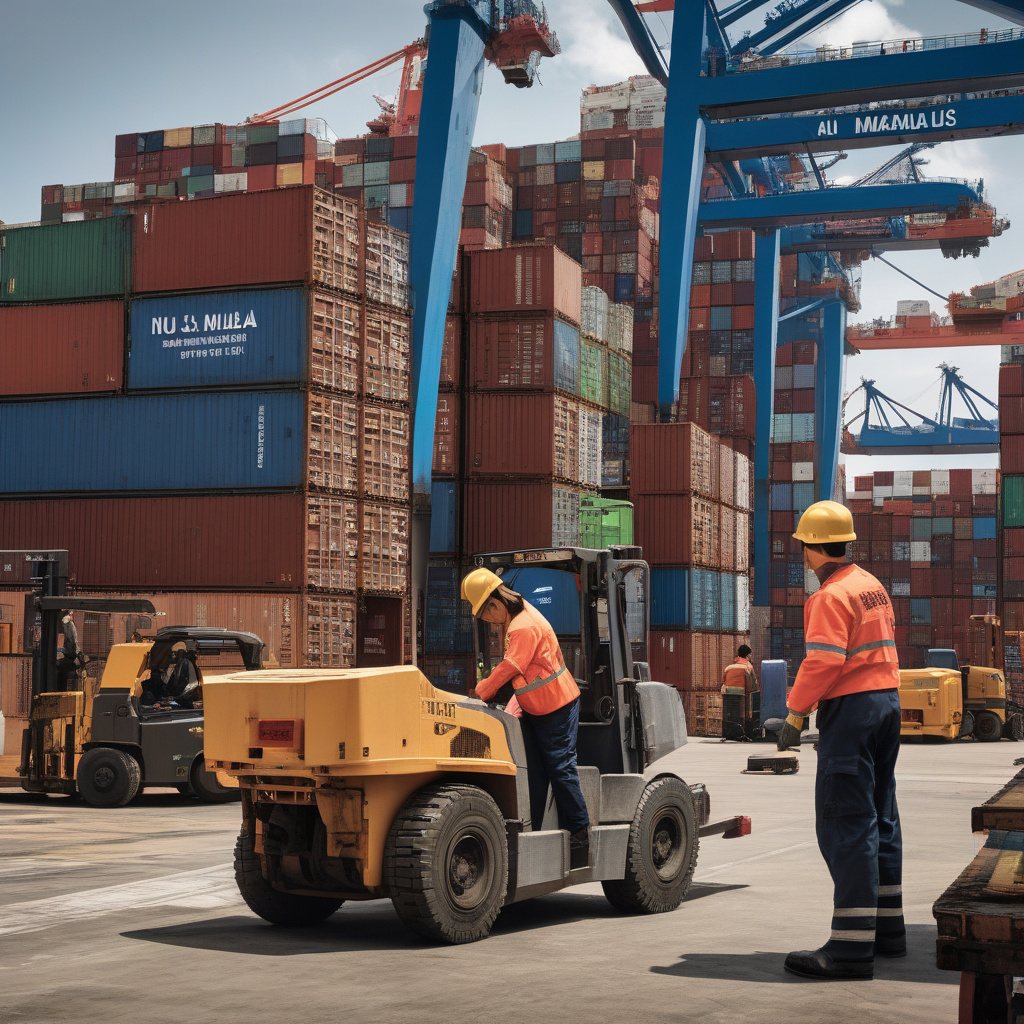Malaysia Requires Permits for Exporting High-Performance US AI Chips: A Step Towards Compliance with Global Trade Laws
Malaysia has recently implemented a new regulation that mandates permits for the export of high-performance artificial intelligence (AI) chips originating from the United States. This move comes as part of the country’s efforts to tighten trade controls, close existing loopholes, and ensure compliance with international trade laws.
The requirement for permits signals Malaysia’s commitment to upholding the regulations set forth by global trade agreements. By specifically targeting high-performance AI chips of US origin, Malaysia aims to regulate the export of advanced technology that could potentially be used for purposes beyond what is permitted by international trade standards.
The decision to enforce trade controls on US AI chips is significant for multiple reasons. Firstly, it demonstrates Malaysia’s acknowledgment of the importance of monitoring and regulating the export of sensitive technologies. High-performance AI chips have a wide range of applications, including military, surveillance, and advanced computing, making them a valuable yet potentially risky commodity in the global market.
Secondly, by imposing permit requirements on the export of US AI chips, Malaysia is taking a proactive step towards closing any existing loopholes that may have previously allowed the unmonitored flow of advanced technology out of the country. This measure not only aligns Malaysia with international trade practices but also enhances the country’s reputation as a responsible global trade partner.
Furthermore, the enforcement of permits for US AI chips underscores the evolving nature of trade regulations in the digital age. As technology continues to advance rapidly, governments worldwide are faced with the challenge of keeping pace with the changing landscape of international trade. By implementing specific controls on high-performance AI chips, Malaysia is adapting to the shifting dynamics of the global market and asserting its commitment to responsible trade practices.
It is essential to note that Malaysia’s decision to require permits for the export of US AI chips is likely to have implications for businesses involved in the production and distribution of advanced technologies. Companies operating in the AI sector will need to ensure compliance with the new regulations to avoid potential disruptions to their supply chains and international trade activities.
In conclusion, Malaysia’s enforcement of trade controls on high-performance US AI chips represents a significant step towards aligning with global trade laws and regulations. By introducing permit requirements for the export of sensitive technology, Malaysia is not only strengthening its trade compliance measures but also sending a clear message about the importance of responsible trade practices in the digital age.
#Malaysia #TradeControls #AIChips #GlobalTradeLaws #Compliance
